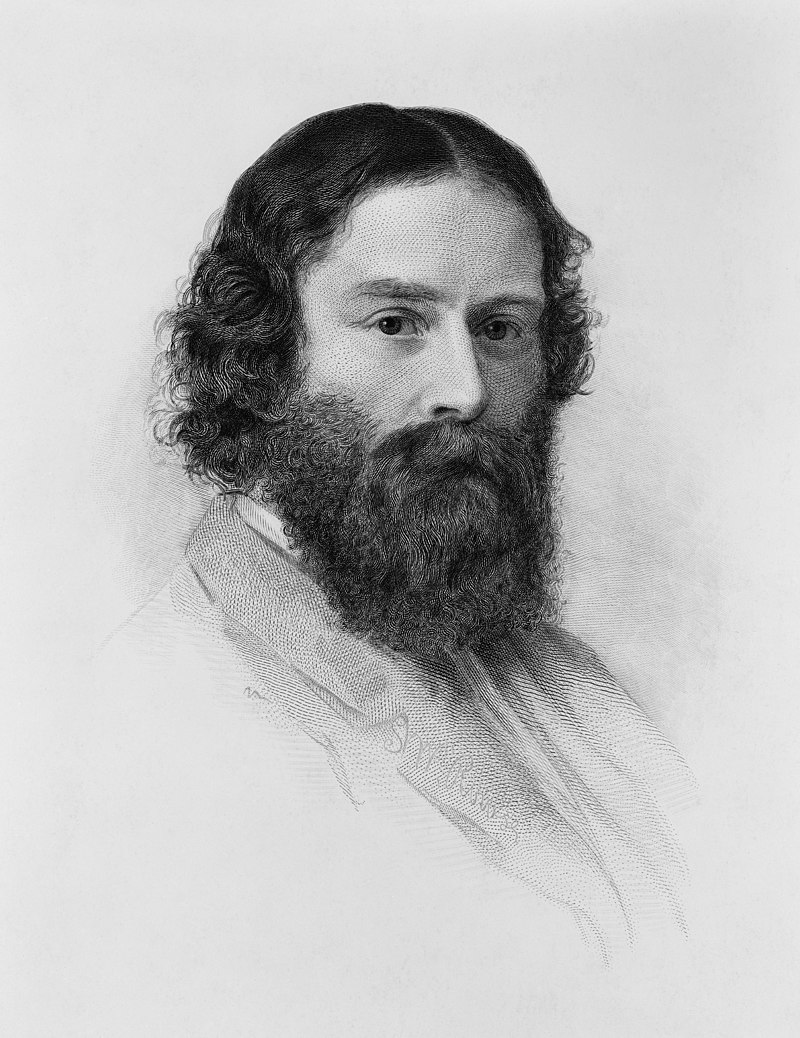We do not underestimate the gravity of the present crisis, and
we agree that nothing should be done to exasperate it; but if the
people of the Free States have been taught anything by the
repeated lessons of bitter experience, it has been that
submission is not the seed of conciliation, but of contempt and
encroachent . . . It is quite time that it should be understood
that freedom is also an institution deserving some attention in a
Model Republic, that a decline in stocks is more tolerable and
more transient than one in public spirit, and that material
prosperity was never known to abide long in a country that had
lost its political morality. The fault of the Free States in the
eyes of the South is not one that can be atoned for by any
yielding of special points here and there. Their offence is that
they are free, and that their habits and prepossessions are those
of Freedom. Their crime is the census of 1860. Their increase in
number, wealth, and power is a standing aggresssion. It would not
be enough to please the Southern States that we should stop
asking them to abolish slavery, -- what they demand of us is
nothing less than that we should abolish the spirit of the age.
Our very thoughts are a menace. It is not the North, but the
South, that forever agitates the question of Slavery. The seeming
prosperity of the cotton-growing States is based on a great
mistake and a great wrong; and it is no wonder that they are
irritable and scent accusation in the very air. It is the stars
in their courses that fight against their system . . .
It is time that the South should learn, if they do not begin
to suspect it already, that the difficulty of the Slavery
question is slavery itself, -- nothing more, nothing less. It is
time that the North should learn that it has nothing left to
compromise but the rest of its self-respect. Nothing will satisfy
the extremists at the South short of a reduction of the Free
States to a mere police for the protection of an institution
whose danger increases at an equal pace with its wealth. |
